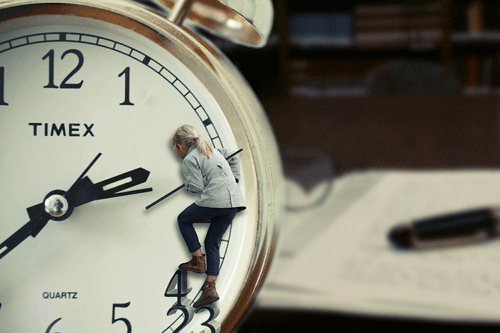Does kindness matter? This simple question is central to a recent article in Diabetes Spectrum highlighting research revealing the health benefits of self-compassion. According to the article “Self-compassion is defined as the practice of treating oneself with kindness, care, and concern in the face of negative events.” The article goes on to state that “self-criticism, a common consequence of self-care failure . . . can be seen as the opposite of self-compassion”. Although this article focuses on the effects of self-compassion and its absence on diabetes patients in particular, it is clear that these health concerns can be more broadly generalized. The article cites “A series of experimental studies suggest[ing] that quantifiable physiological and neurological processes underlie the experience of self-compassion.” Furthermore, “consistent evidence suggests that self-compassion is related to physical and psychological health”. As an example, “in a study [see citation below]* in patients with obesity and pain problems, self-compassion predicted lower negative affect, higher positive affect, more adaptive pain coping, higher pain self-efficacy, and lower pain catastrophizing.”
Not surprisingly, the opposite has also been shown to be true. For example, ” the opposites of self-compassion, including self criticism, self-hate, self-judgment, and negative perfectionism, have been linked to greater psychological distress, including depression.” The article is full of additional confirmations, citations and examples of the positive health effects, both physical and psychological, of self-compassion and the related negative consequences of its deficiency.
An article in the Washington Post that refers to this research also cites a book by Kristin Neff titled “Self-Compassion: The Proven Power of Being Kind to Yourself”. In it, the author speaks of the three elements of self-compassion:
- Self-kindness – the ability to be understanding with yourself rather than judgmental or harshly critical;
- Common humanity – the recognition that none of us is perfect and all of us make mistakes, thus viewing ourselves as part of the human experience;
- Mindfulness – the ability to pay attention to the present moment, neither dwelling on the past nor excessively worrying about the future.
If you’ve been following this blog, you may recognize these themes. In fact, a very recent post discusses the benefits of self-care which are obviously closely related to self-compassion. The articles referred to here also talk about the ways in which we sabotage ourselves. For example, some of us may believe that being kind to ourselves needs to be secondary to taking care of others. Think about that: how can you give others something you are unwilling to give to yourself? Furthermore, the consequences of denying ourselves the compassion that we wish to share with others can be pretty dire. From the Washington Post article: “The opposite of self-compassion is emotional reactivity, isolation, self-judgment and unhealthy perfectionism, all of which have been linked to depression, stress and reduced quality of life.”
These ideas are echoed in an article in Health Psychology Open. It states that “Substantial evidence supports the idea that self-compassion
can reduce perceived stress”. Research findings show that “people who have higher levels of self-compassion tend to handle stress better — they have less of a physical stress response when they are stuck in traffic, have an argument with their spouse or don’t get that job offer — and they spend less time reactivating stressful events by dwelling on them.” Since chronic stress has direct effects on all aspects of our health, this is no small thing. Additional research is also cited in this article indicating that people with higher levels of self-compassion are more likely to start and adhere to healthy behaviors which further enhances the benefits. In other words, self-compassion promotes better health which contributes to better feelings about oneself which enables more self-compassion. Conversely, negative self-care leads to poorer health which takes one’s self-image in a downhill spiral in the opposite direction.
So next time you’re tempted to run yourself down for any reason, it might be worth remembering that berating yourself may be more than just a temporary mood darkener. It just might have more serious negative health ramifications that could be avoided with a little kindness. Isn’t that simple step worth the effort? Try noticing those negative thoughts. Maybe you can remind yourself that “to err is human, to forgive, divine”. Our world would be a safer and healthier place if we all practiced a little more kindness. You can start that practice with yourself. If you want to treat other people well and you want other people to treat you well, you can set an example by treating yourself well, too. Your health care practitioners will applaud!
* Wren A, Somers T, Wright M, Goetz M, Leary M, Fras A. Self-compassion in patients with persistent musculoskeletal pain: relationship of self-compassion to adjustment to persistent pain. J Pain Symptom Manage 2012;43:759–770
